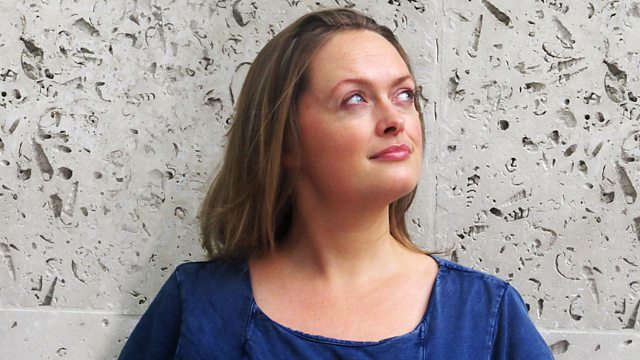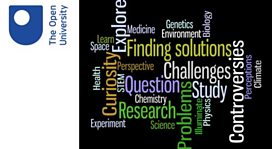Coronavirus - Lockdown efficacy; viral testing; surface survival; dog walking safety
Answering your questions on Covid-19 with science
Last week, we promised we’d tackle your coronavirus and associated Covid 19 questions and you came up trumps. So this week we’re be talking about the latest from the lockdown, why there are bottlenecks in the testing system, how long the virus lives on your door handles and whether your dog can spread coronavirus. Joining us to answer your questions are Jonathan Ball, Professor of Virology at the University of Nottingham, and ����ý Radio Science presenter and reporter Roland Pease.
On Monday evening, Prime Minister Boris Johnson told the British people to ‘stay at home’. How stringent is the UK’s lockdown compared to other countries, and is it likely to be effective?
The only real way we can know about the incidence and prevalence of the coronavirus is to test. Listener Andrew in Didcot wants to know more about testing and when antibodies appear in us. We discuss how the current testing system works, and why there are limitations on testing.
One question that lots of scientists have been asking is: can people with mild or no symptoms spread the coronavirus? And so we delve into the evidence for asymptomatic spreading.
Listeners Eleanor and Andy have been wondering about passing the virus from person to surface to person. Roland Pease looks into the virus’ survival on surfaces and elsewhere, and asks how that might be affecting spread.
Finally, reporter Geoff Marsh tackles a quandary facing dog owners: Is it safe to walk your pet? Can dogs spread the virus?
Presenter: Marnie Chesterton
Producers: Fiona Roberts and Jennifer Whyntie
Last on
![]()
����ý Inside Science is produced in partnership with The Open University.
Broadcasts
- Thu 26 Mar 2020 16:00����ý Radio 4
- Thu 26 Mar 2020 21:00����ý Radio 4
Explore further with The Open University
Discover more fascinating science content with The Open University
Podcast
-
![]()
����ý Inside Science
A weekly programme looking at the science that's changing our world.



